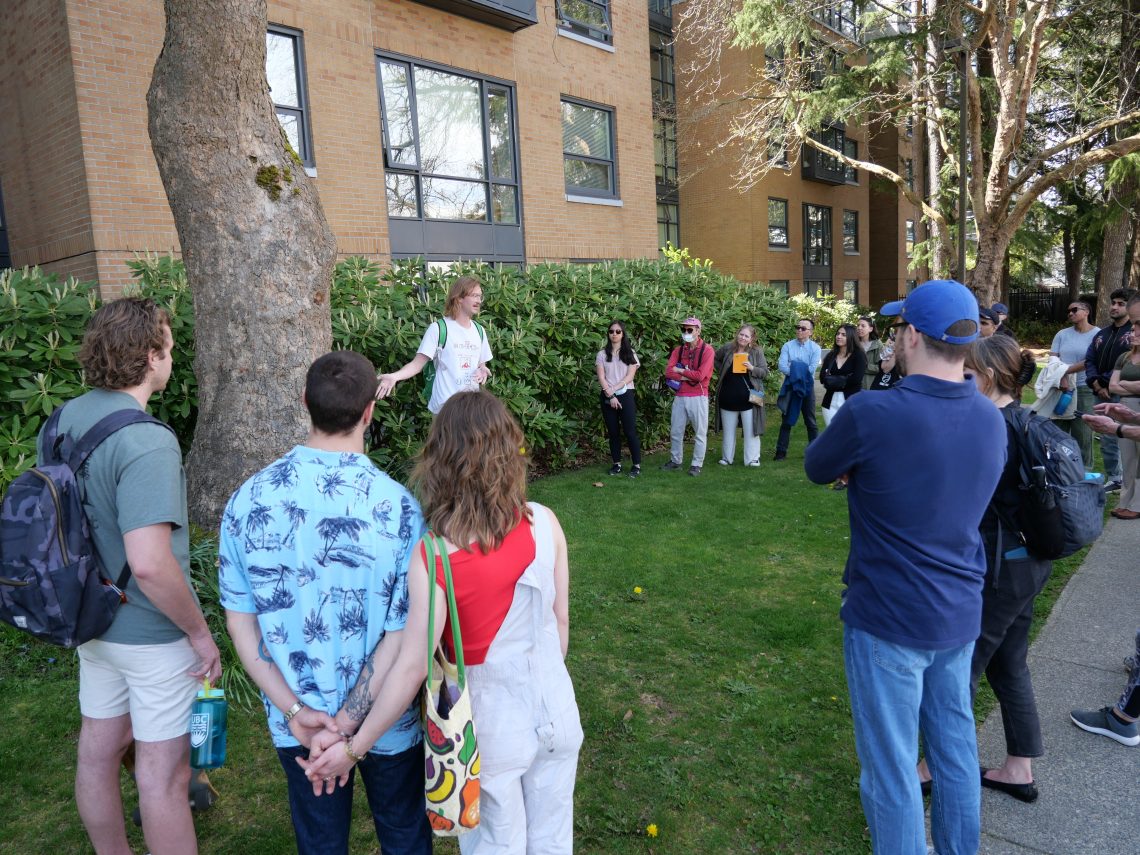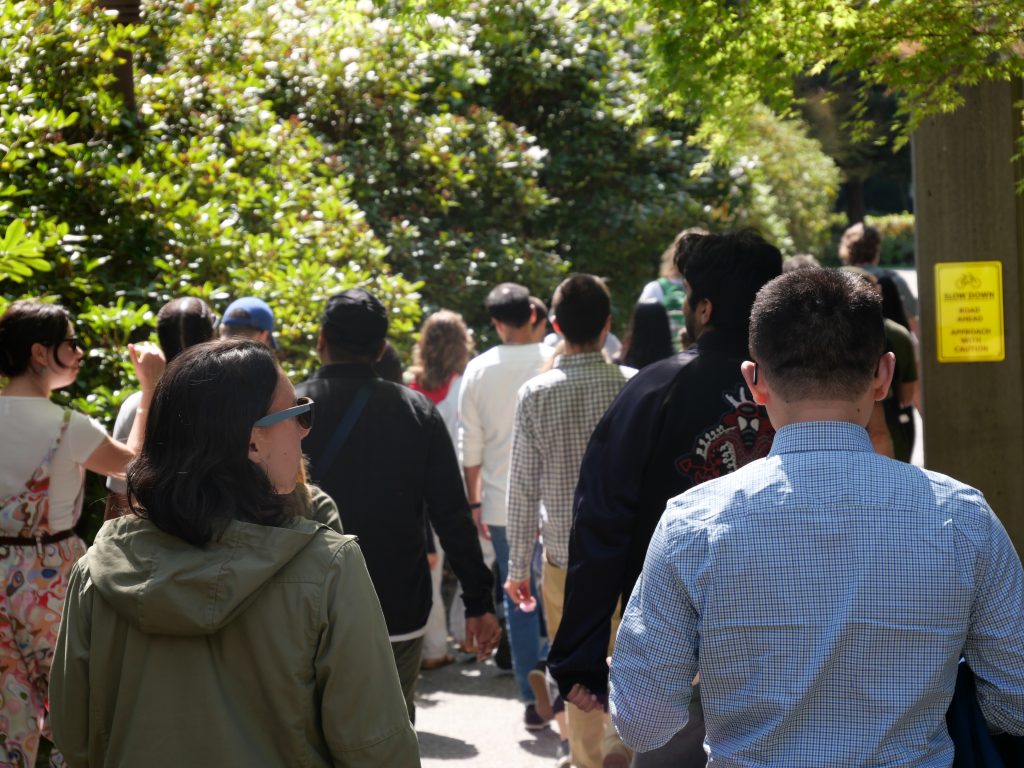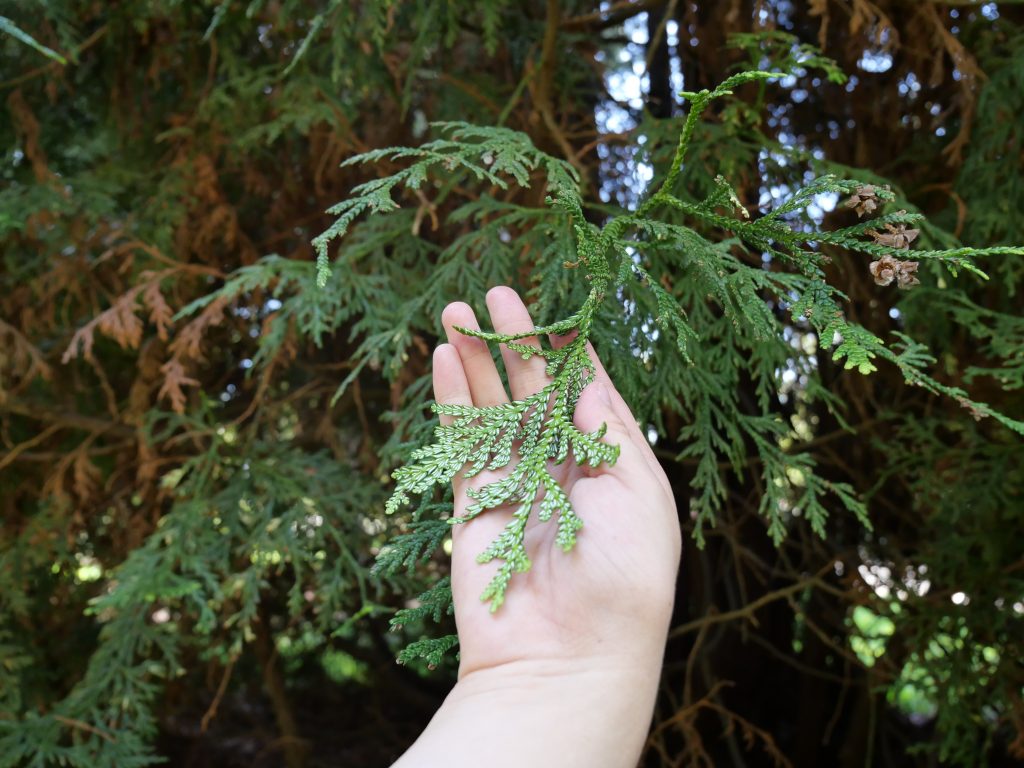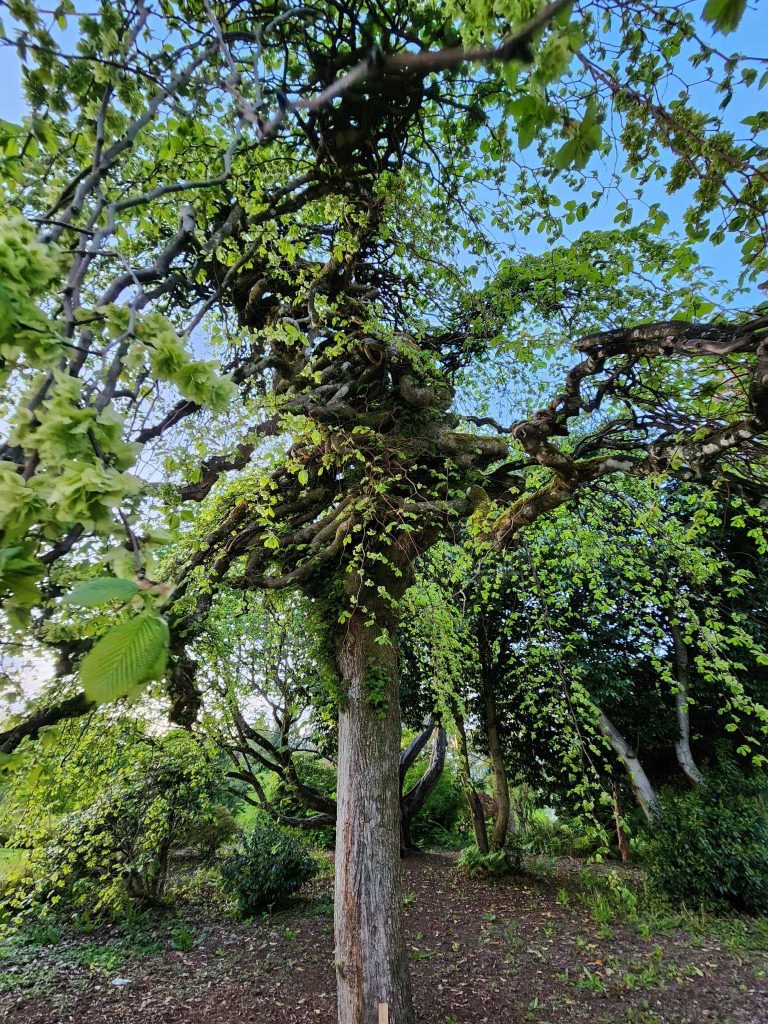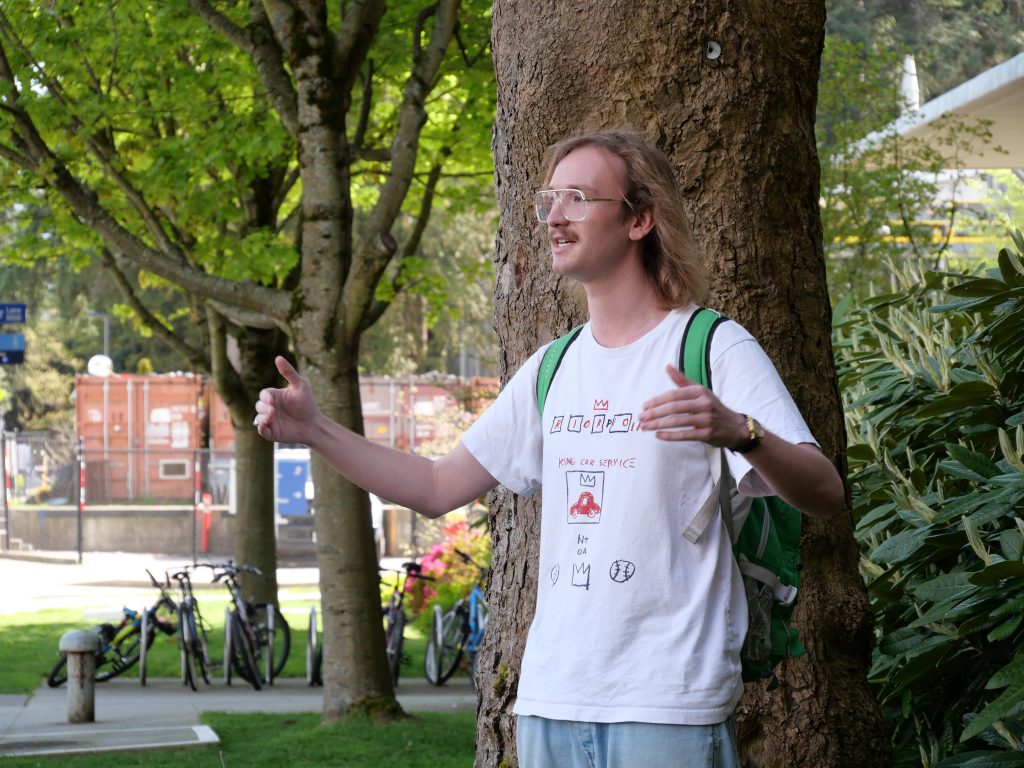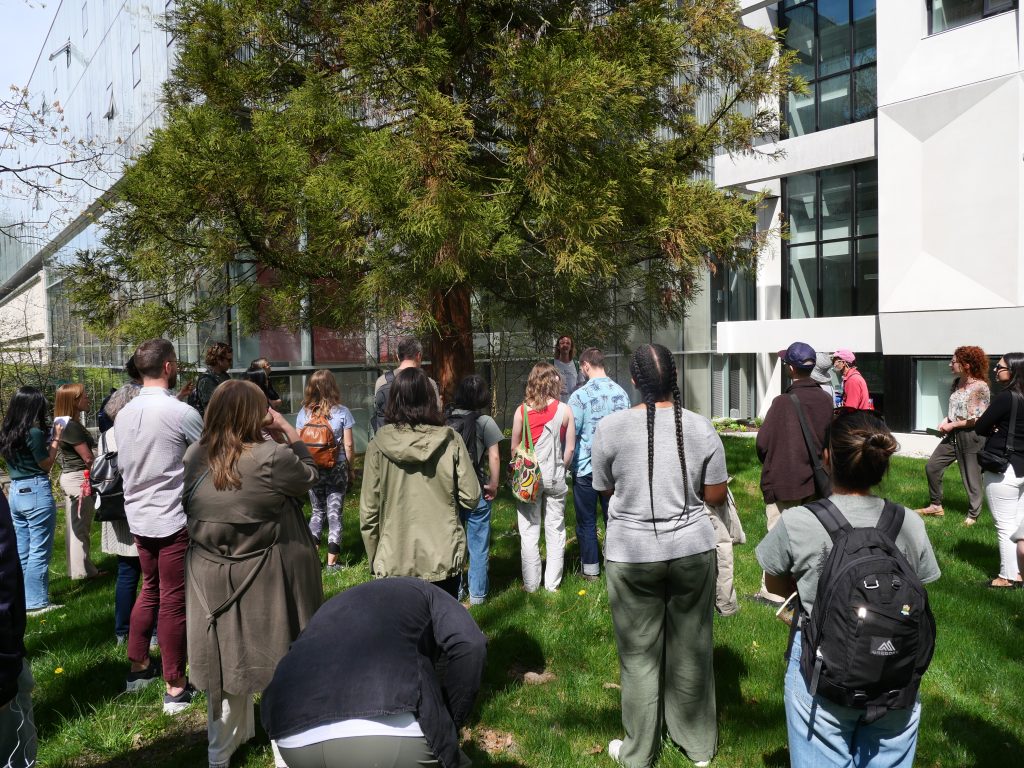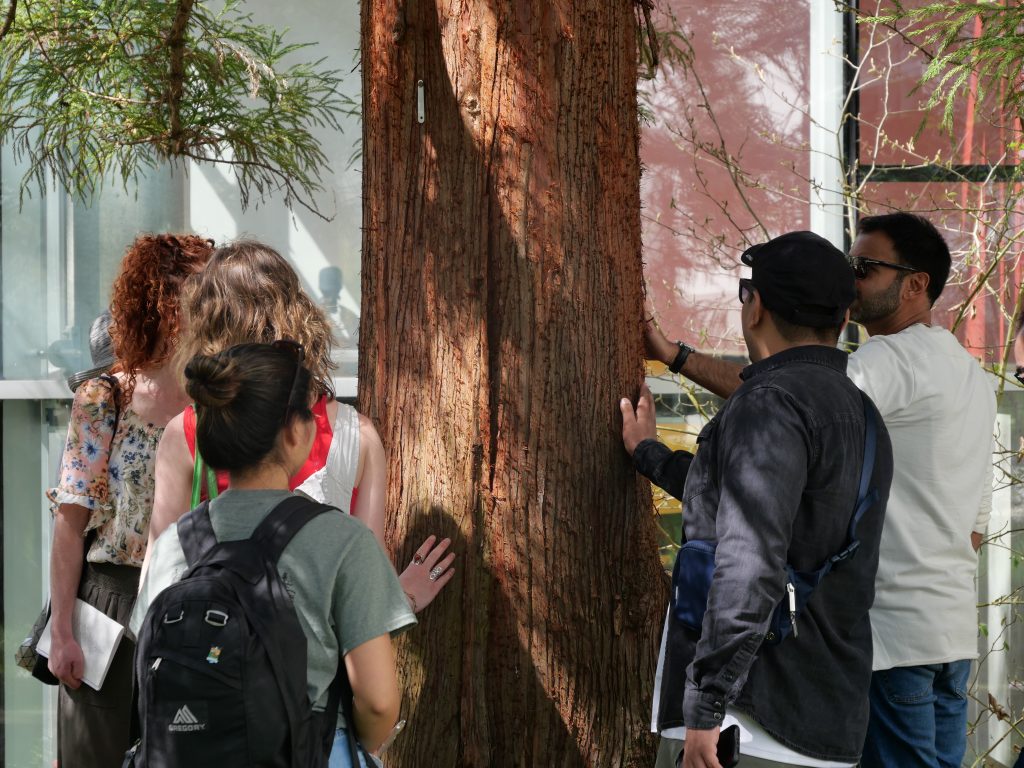We aim to share what we learn on campus through meaningful engagement activities with partners across our region, and with universities around the world. To learn more, see a detailed description of our upcoming events below. You can also sign up for UBC Sustainability’s Newsletter, or see our list of other newsletters at UBC, and explore the world of environmentally focused initiatives here at UBC.
-
Biodiversity Days
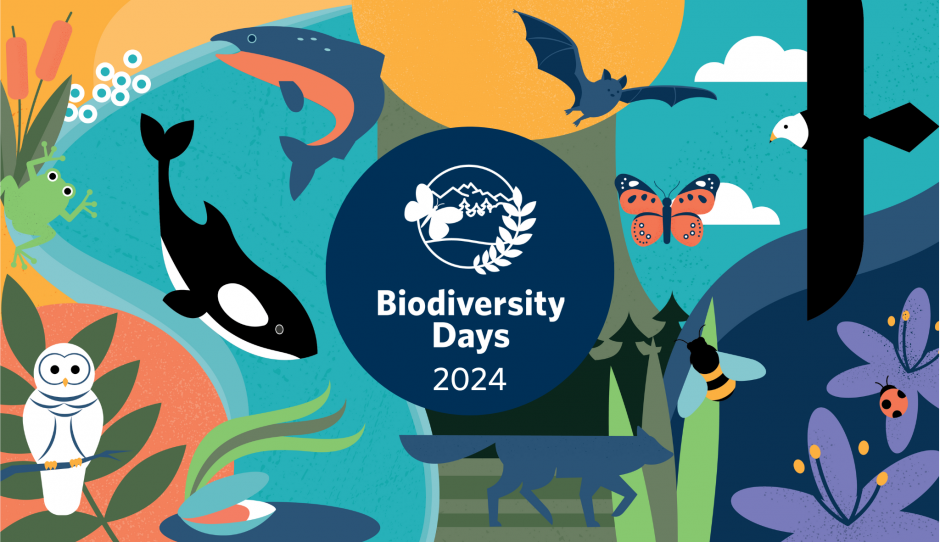
Jointly hosted by SEEDS and the UBC Botanical Garden, Biodiversity Days are a series of engagement opportunities to celebrate and raise awareness about fragile species, genes and ecosystems, in honour of the International Day for Biological Diversity (May 22). In 2024, the theme is “Be Part of the Plan”, where everyone has a role to play to advance The Biodiversity Plan.
This annual event aims to:
- Raise awareness of biodiversity and its importance to human and ecological health
- Mobilize local and global action to stop the loss of biodiversity
- Build a generation of stewards, scientists and citizens that actively protect and restore biodiversity
This year’s program includes a series of online and in-person events. For more information about the program, please see the UBC Botanical Garden Website.
-
Raising awareness on UBC’s single-use container culture: Insights from the 2024 AMS Waste Audit
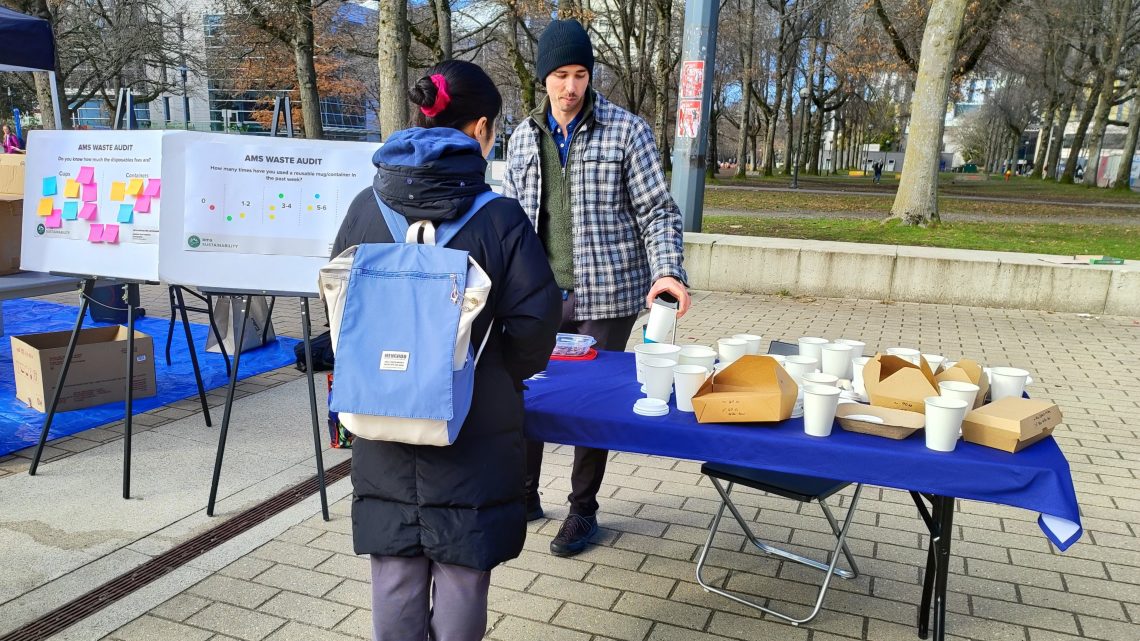
On February 14th, the SEEDS team engaged with the UBC community to raise awareness about the impact of disposable cups and containers on campus. The SEEDS engagement booth took place in collaboration with UBC Alma Mater Society’s (AMS) waste audit, as part of AMS Sustainability Week.
AMS Sustainability Week is an annual event which brings together diverse sustainability and environmental groups and initiatives on the UBC Vancouver campus. As part of this annual event, the SEEDS team set up a booth to raise awareness of the impact of single-use cups and containers vs reusable alternatives. On display was an estimate of the number of single-use containers and cups that an average student would use in a month from food outlets on campus, contrasted with the amount of reusable containers that could replace those single-use containers. The intention of the booth was to promote discussion within the UBC community about the impact of single-use containers.
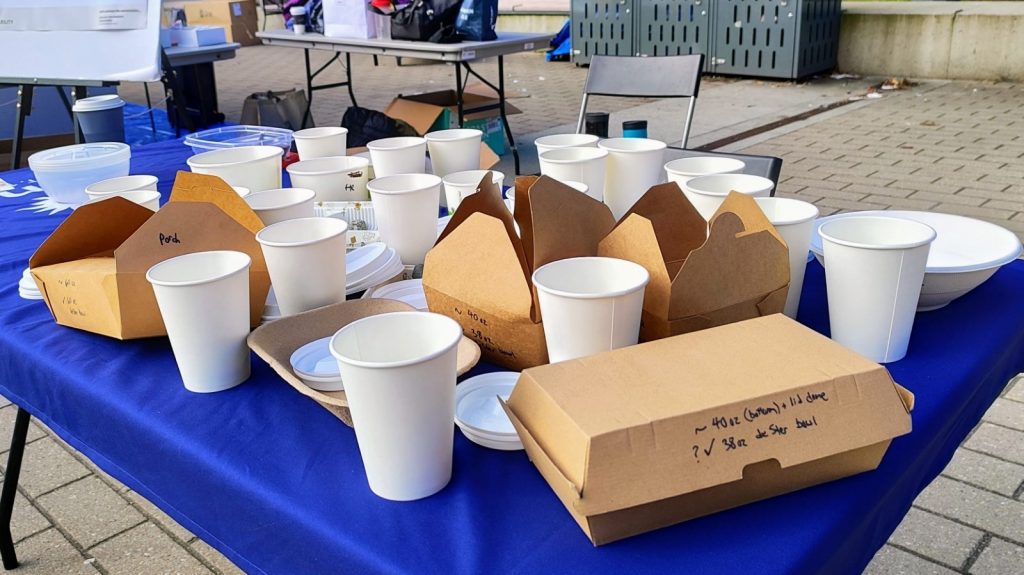
Many were surprised to see the significant volumes of waste associated with an average student’s consumption habits. Data was also collected from passersby regarding their knowledge of single-use cup and container fees at the university’s food outlets. Participants were asked if they knew what the fees were for cups and containers, and their responses varied from “I am not sure” to accurate guesses of disposable container fees, with guesses both above and below the actual amounts. As of 2024, UBC has continued to require a $ 0.25 and $ 0.50 fee for single-use cups and containers from on-campus food outlets. Similarly, a fee of $ 0.25 is applied to single-
Research and engagement on reducing the use of disposable containers is part of SEEDS’ larger focus on supporting Circular Economies, one of SEEDS five main research priorities. By facilitating interdisciplinary research collaboration and utilizing the campus as a living lab, SEEDS initiatives are helping to support UBC in reaching its target of an 80% reduction in single-use coffee cups by 2030, as well as other goals stated in UBC´s most recent Zero Waste Action Plan (ZWAP 2030). In support of ZWAP, SEEDS is currently undertaking projects related to mapping and reducing the prevalence of single-use items, promoting the use of reusable mugs, promoting the use of reuse-options for furniture and equipment, and analysing the flows of IT desktop equipment, among others.
-
Campus Bat Walk
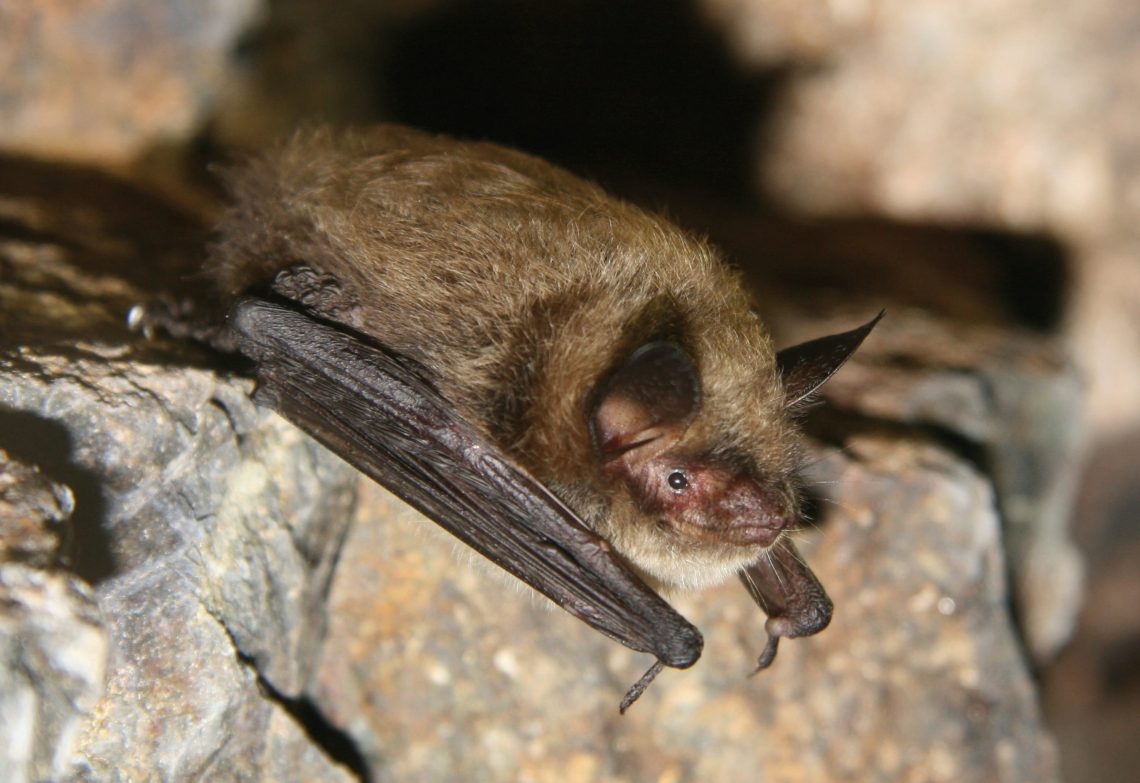
Getting to Know Our Nocturnal Neighbours
Come learn about our nocturnal neighbours – bats! This walk is co-hosted by the Mitchell Multifunctional Landscape Lab (M2L2 Lab) and SEEDS Sustainability Program and will provide an introduction to bat biology and behaviour, the different bat species that live in and around Vancouver, and their importance to ecosystems and people. We will visit a nearby bat roost to observe bats emerge for the night, and will use ultrasonic microphones to listen for bat calls.
Attendees will also visit a bat box, recently installed through a student-led applied research collaboration with UBC faculty and staff through the SEEDS Sustainability Program, and learn about student research into human-bat coexistence.
We will not be handling bats at this event, rather observing them and listening to their ultrasonic calls. Please note this event is not located on the UBC Farm – see location below!
Event Details
- Thursday, August 24th, 7:00 – 9:00 p.m.
- Meeting Location: W. Robert Wyman Plaza on UBC Campus
- Speakers: Aaron Aguirre (M2L2 Lab), Timothy Wong (SEEDS Sustainability Program)
Important Note
This event will happen outside and at night so dress appropriately for the weather and bring appropriate equipment (weather appropriate clothing, headlamp or flashlight, lightweight foldable chair optional). In the case of rain or poor weather, the event will be cancelled.
